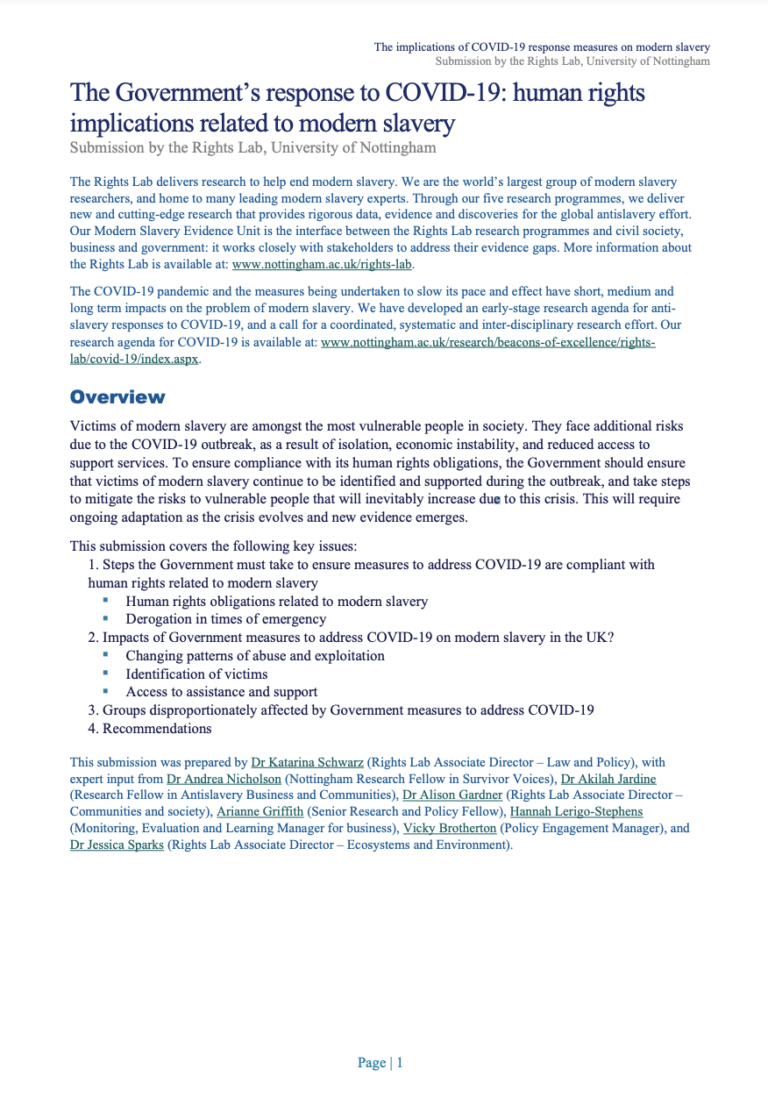Global Solidarity with Communities, Indigenous Peoples and Workers at Risk from Mining Pandemic Profiteers
COVID-19 resourcesPublicationsThe mining industry is one of the most polluting, deadly, and destructive industries in the world. Yet to date, mining company responses to the COVID-19 pandemic have received little scrutiny compared to other industries seeking to profit from this ...Read More

